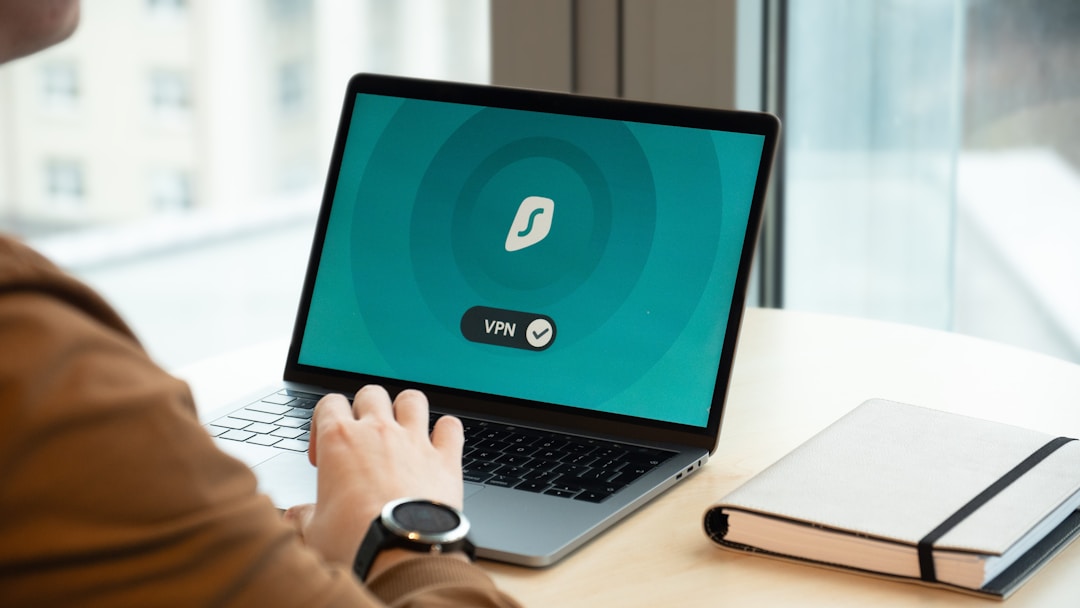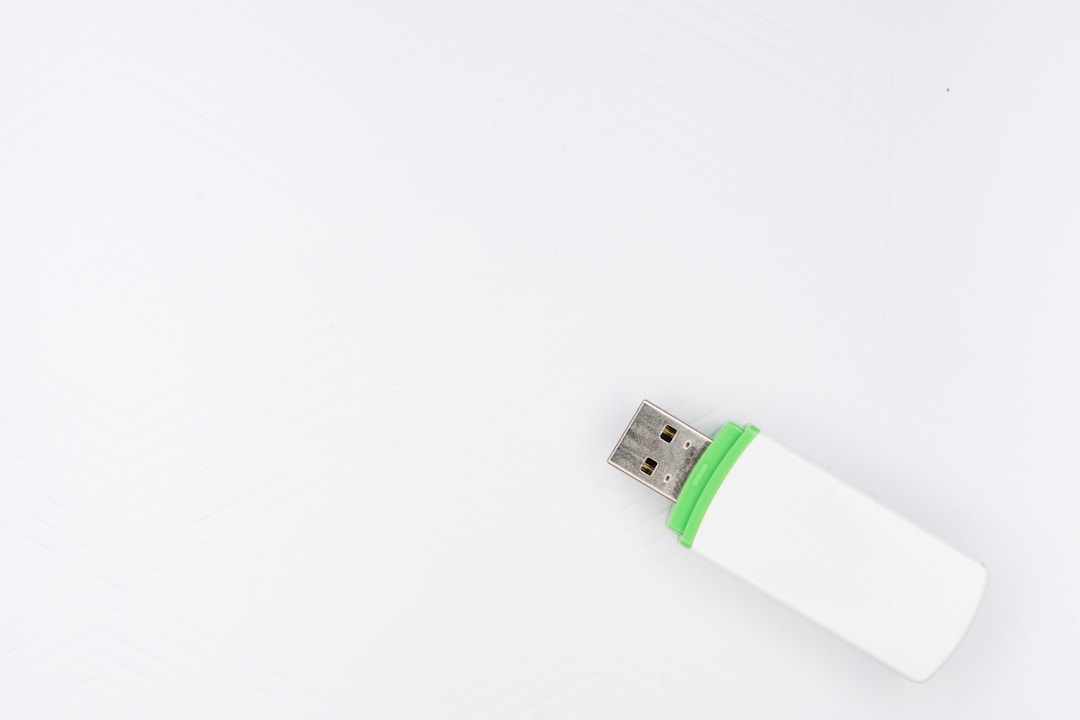Gone are the days of physically sharing documents, files, and media. In today’s digital age, information is shared through online tools. The best way to ensure sensitive information is securely shared is to use a file-sharing service. File-sharing for law firms can be tricky due to the nature of attorney-client confidentiality and the need to keep client documents and information safe from online threats.
What Is File Sharing?

File sharing is an effective way to publicly or privately share data in a network with levels of accessibility. You can set the access permissions and choose who can read, view, or edit the file based on the recipient’s permission. There are several different types of secure file sharing to choose from. File transfer protocol programs (FTP) are the most common file transfer system. FTP allows the access and editing of files for a specified number of users with a password.
Peer-to-peer networks combine hardware and software to send digital files over a p2p network. These files are found on your computer and can be shared with other network members, rather than using a server. Online file-sharing services allow users to store and share data online for personal use. You can upload documents, PDFs, media, and more to a cloud service platform and anyone with permission can download them. Some of the most popular cloud service platforms include Dropbox, Google Drive, and iCloud.
Peaks make sharing large files online a breeze. The cloud storage service provides a secure way to share files of all sizes instantly. A simple link allows your recipient to download large files instantly, and best of all, the shareable links have no expiration date. A free account features up to 3 GB of storage and an upload limit of 3 GB, and if you have extensive sharing needs, you can enjoy up to 50 GB with a paid premium plan. The cloud storage service provides enough space to keep your storage folders organized without a file size limit. Simply create a folder, upload your files, access the share link, and send the share link via text or email to your recipients.
File Sharing for Law Firms

Legal firms must maintain the integrity of attorney-client communications when file sharing because a data breach could be disastrous. The American Bar Association (ABA) requires lawyers to maintain attorney-client privilege by implementing cybersecurity technology to protect sensitive data. Data protection is considered an ethical obligation and key to protecting lawyer-client privilege.
Lawyers must competently represent their clients, which includes managing privilege with secure communications. All communications must be kept protected, and all client data and communications related to a legal case must be kept confidential. Legal firms are required to show proof that lawyers understand these obligations under the ABA requirements and the law. This means relying on the most secure way to share files and utilizing encryption.
Whether lawyers are part of a private practice or work for the public, maintaining client confidentiality is of the utmost importance. Take, for example, Tamil-Canadian lawyer Malliha Wilson who has built an impressive career in both the public and private sectors. Practicing in areas of human rights, labour law, and other complex litigation; Wilson needs to ensure her firm adheres to the safe transactions of documents and file sharing. Otherwise, her clients’ information could be at risk. Practicing secure file sharing for lawyers is essential in this digital age.
Secure File Sharing for Law Firms

Law firms must decide on the most secure way to share files. Hard media, which includes hard drives, USBs, and memory cards are ideal for files that are frequently updated. Email encryption allows you to encrypt both emails and attachments. Secure servers with protected messaging are ideal because all messages and attachments are stored in an encrypted server. Lawyers can send secure email links with clients to provide access to a secure server that stores messages and attachments that can be accessed by authenticated users. No matter how lawyers share files with clients, confidentiality must always be maintained.





